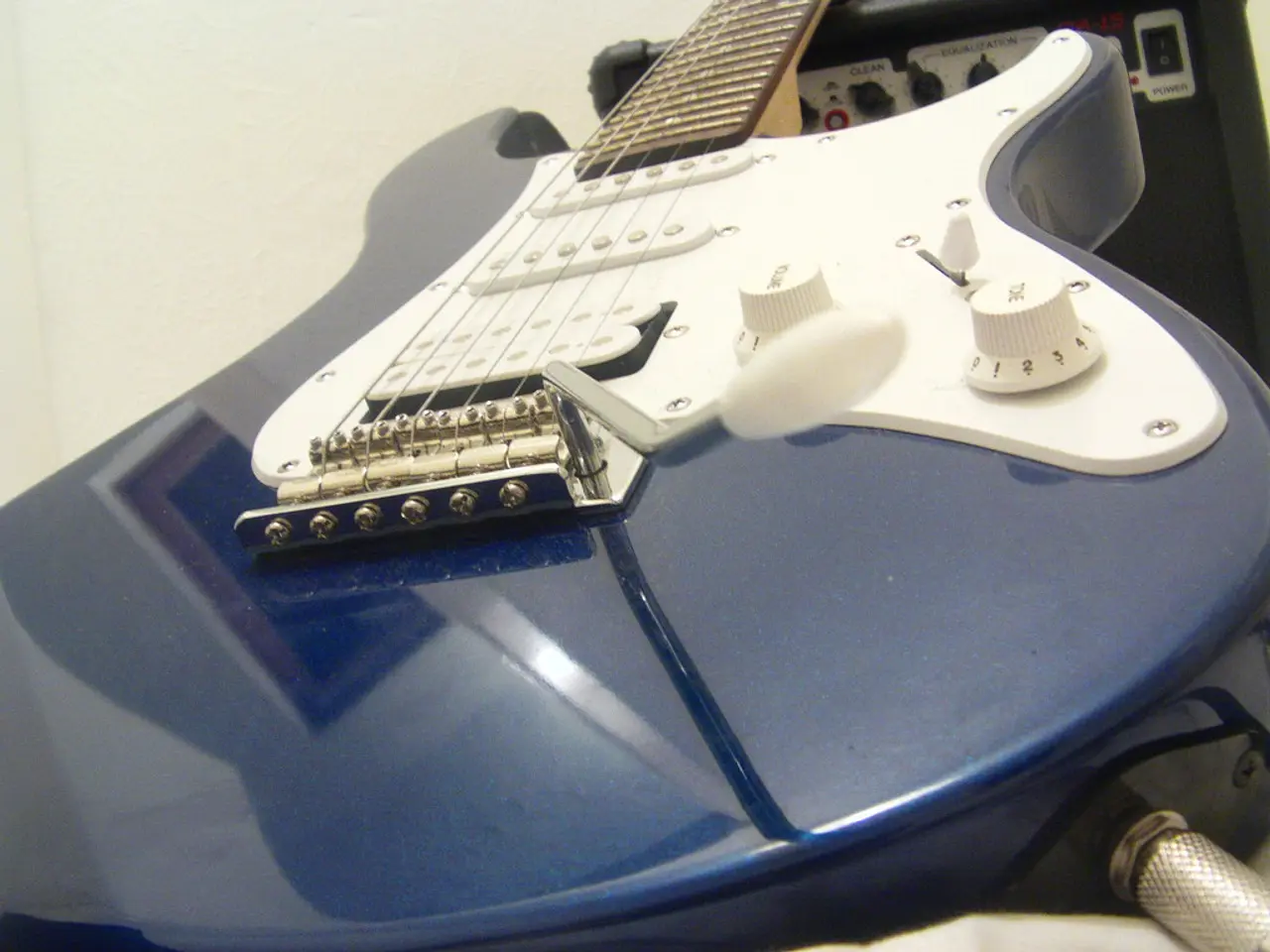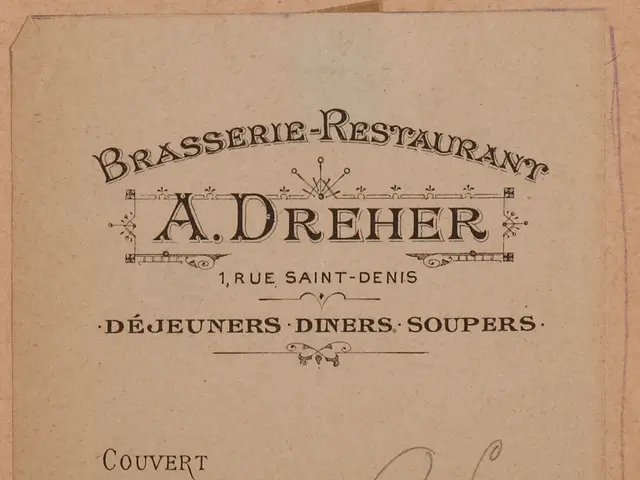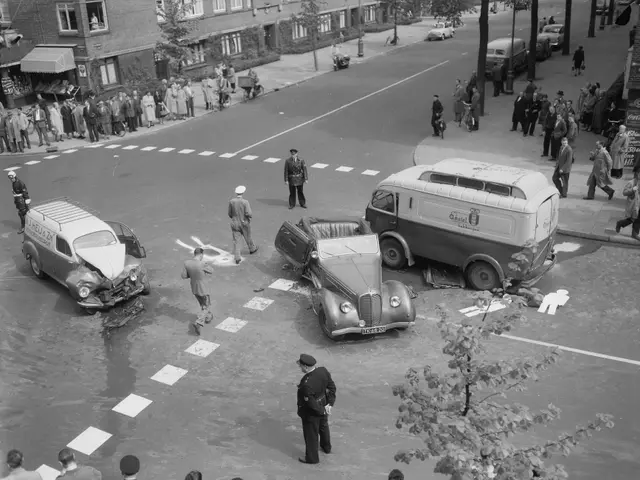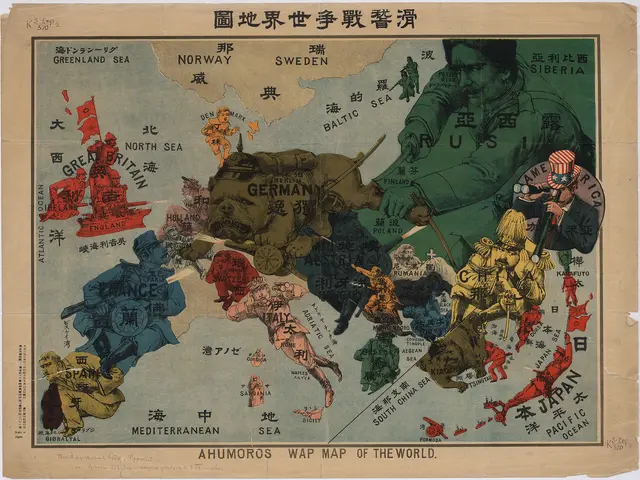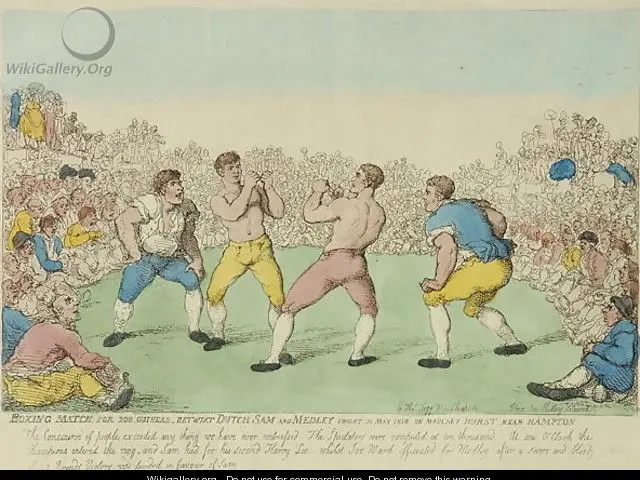Venerated Blues Artist B.B. King and the Saga of His Iconic Guitar, Lucille
In the heart of the American South, in a small juke joint in Twist, Ark., a pivotal moment unfolded in 1949. A fire, caused by a flaming garbage pail, would not only claim the venue but also inspire one of the most iconic instruments in music history.
The fire led B.B. King to name his beloved guitar, "Lucille." The exact model of this cherished instrument is either an ES-330 or ES-355, both made by Gibson. This guitar became B.B. King's guitar of choice, and its story would forever be intertwined with his musical career.
Gibson Brands, recognizing the significance of this instrument, have issued several different variants of the B.B. King Lucille model over the years. The Gibson B.B. King Lucille model is unique, as it does not have the traditional f-hole opening in the body cavity. This design choice is intended to limit feedback, a common issue in semi-hollow body guitars.
Mat Koehler, vice president of product at Gibson Brands, stated that the lack of the f-hole is one reason why Lucilles remain popular. The design, combined with the guitar's history, adds an undeniable charm that resonates with musicians and fans alike.
In 1980, Gibson introduced the first B.B. King signature guitar, a black ES-355 Thinline Dual Pickup Stereo Varitone model. Since then, the company has continued to develop and refine the Lucille model, with a 100th anniversary edition now in development.
B.B. King sang about the origin story of his guitar Lucille on the title track of his 1968 album "Lucille." The song, much like the guitar itself, has become a timeless tribute to a musical icon.
It's worth noting that B.B. King's guitar, named Lucille, was not the only object named after a woman named Lucille. The name holds a special place in B.B. King's life, serving as a reminder of the fateful night that sparked his musical journey.
Today, the B.B. King Lucille model stands as a testament to the power of music, resilience, and the enduring legacy of a true musical legend. Whether it's the original ES-330 or ES-355, or one of the many variants that have been developed over the years, each Lucille carries with it a piece of B.B. King's soul and the spirit of the music he created.
